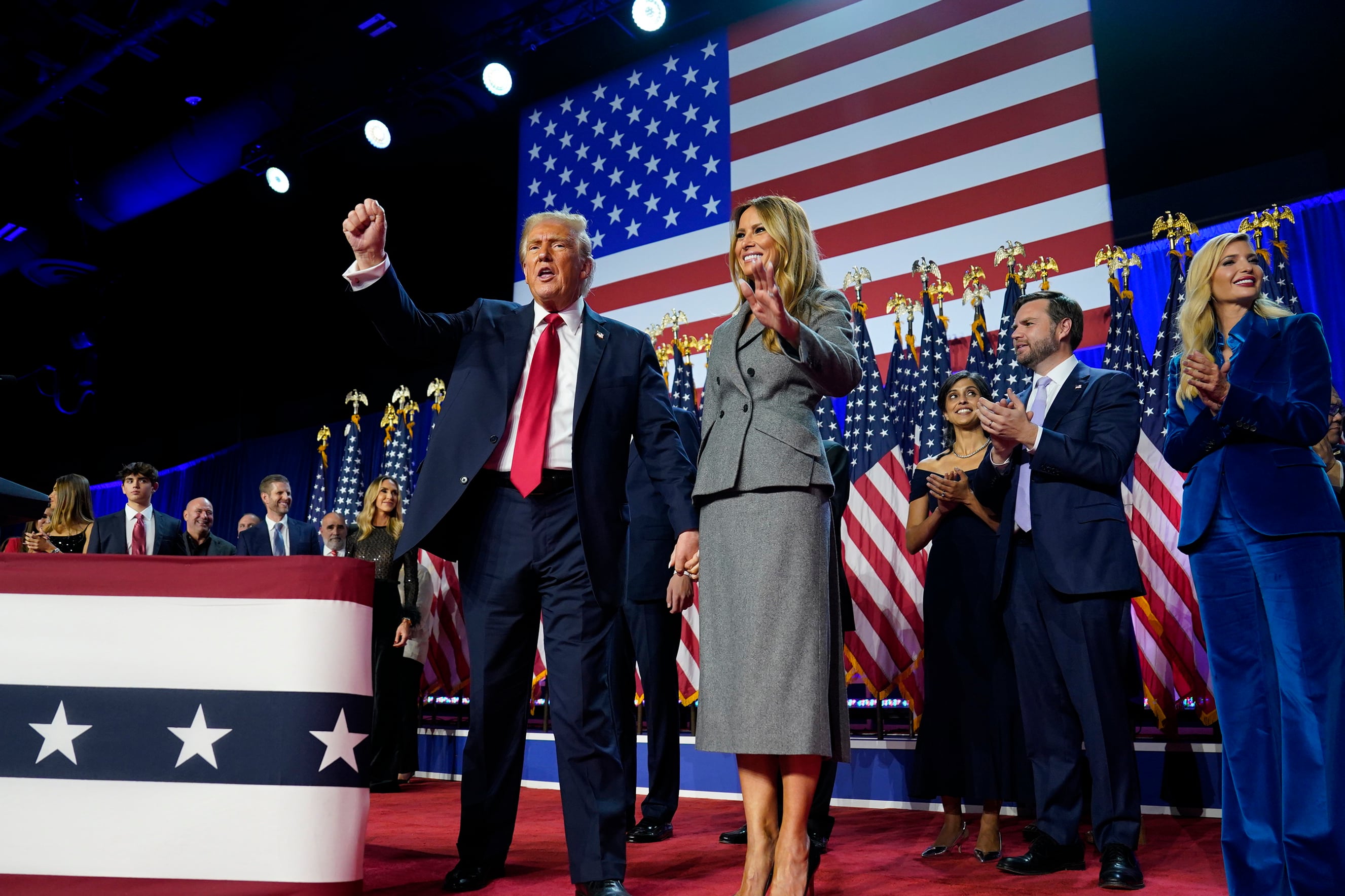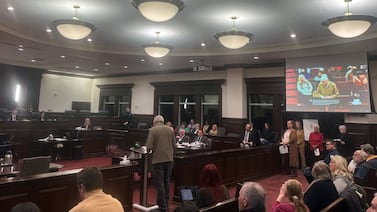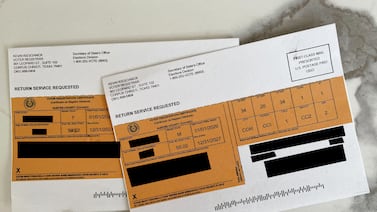This news analysis was originally distributed in Votebeat’s free weekly newsletter. Sign up to get future editions, including the latest reporting from Votebeat bureaus and curated news from other publications, delivered to your inbox every Saturday.
The past few elections have shown that American voters can be sore losers when the election doesn’t go their way, and sometimes the winners turn out to be disingenuous when it does.
On one hand, after years of making spurious allegations, those promoting election conspiracy theories on the right have been notably silent about Donald Trump’s clear win in both the Electoral College and the popular vote. On the other hand, certain people on the left — who have been raging about their faith in democracy for the past eight years — are grumbling about the possibility that something went wrong on Election Day.
Here’s a smattering of the unsupported theories we’re seeing on social media, in news reports, and in the emails to our journalists from people on the left:
- Did Elon Musk’s Starlink satellite-based internet service mess with election results in Trump’s favor? (no)
- Something “doesn’t feel right” with the results. (Results may not feel right, but that doesn’t mean they’re wrong.)
- Maybe the machines really are problematic, and Votebeat should investigate. (We have been through this one, folks.)
At Votebeat, we’ll stay tuned to see if this grousing persists. But it’s important to note that the leaders of the Democratic Party do not appear to be encouraging such conjecture, unlike Trump and many elected Republicans in 2020. Vice President Kamala Harris, the Democratic presidential nominee, promptly conceded, as is normal for the losing candidate, and Democratic leaders haven’t objected to the results. That suggests these complaints aren’t likely to escalate to any kind of official response.
Still, the cycle we’re seeing is a problem. For one thing, conspiracy theories don’t go away. They just change form to serve the purposes of different factions. Consider that many of the right-wing theories about Dominion voting machines that took off after the 2020 election were rooted in allegations made by left-leaning activists in Georgia in 2018, for example. Republicans are mostly quiet now, but if they lose the presidency in 2028, they could well pick these arguments back up.
It’s also too early to say how the right-wing misinformation about voting will evolve following Trump’s victory. Perhaps the widespread false claims about noncitizen voting will become a key part of the immigration policy debate. Perhaps Trump will put together another presidential commission on voting, this one to investigate his claims about 2020. Perhaps neither of these things will happen.
Given the millions of dollars spent promoting doubts about elections and voting, and the hundreds of die-hards determined to prove 2020 was stolen, it’s unlikely that these theories will vanish simply because of Trump’s victory. For example, many of the loudest proponents were quick to falsely claim that millions of Democratic votes were “missing” this year. Some progressives used the same faulty data to support claims that Starlink scooped votes out of thin air. There are already a lot of explainers out there on why this is flatly incorrect.
It’s also too soon to say how the new Trump administration will respond, if at all, to foreign intervention in the election. The bomb threats against polling places in several swing states appear to have come from a Russian email address. U.S. intelligence officials said China and Iran also tried to influence the outcome of the election, and the Justice Department has said Iran was attempting to assassinate Trump. Unwinding all that — and developing a response — will take some time.
This period immediately after the election is when attention turns from voting to the flurry of activity surrounding the transition to a new administration. But there are still some pretty important things happening with our elections: Certification is underway. So are audits, recounts, and quality checks. Next year — when counties have a break from federal election madness — they’ll be picking new voting equipment and making other crucial decisions that will affect how we vote going forward. As state legislatures head back into session, they’ll take up voting-related bills that deserve our attention.
Votebeat will be here to help you make sense of all of this, and we’re eager to hear from you about what (real) concerns you might have going into this administration. If you are a county election administrator, what strategic decisions are you making to set your county up for success next year and in 2026? If you are a voter, what issues are you following as your state legislatures come back into session? Let us know.
Jessica Huseman is Votebeat’s editorial director and is based in Dallas. Contact Jessica at jhuseman@votebeat.org.



